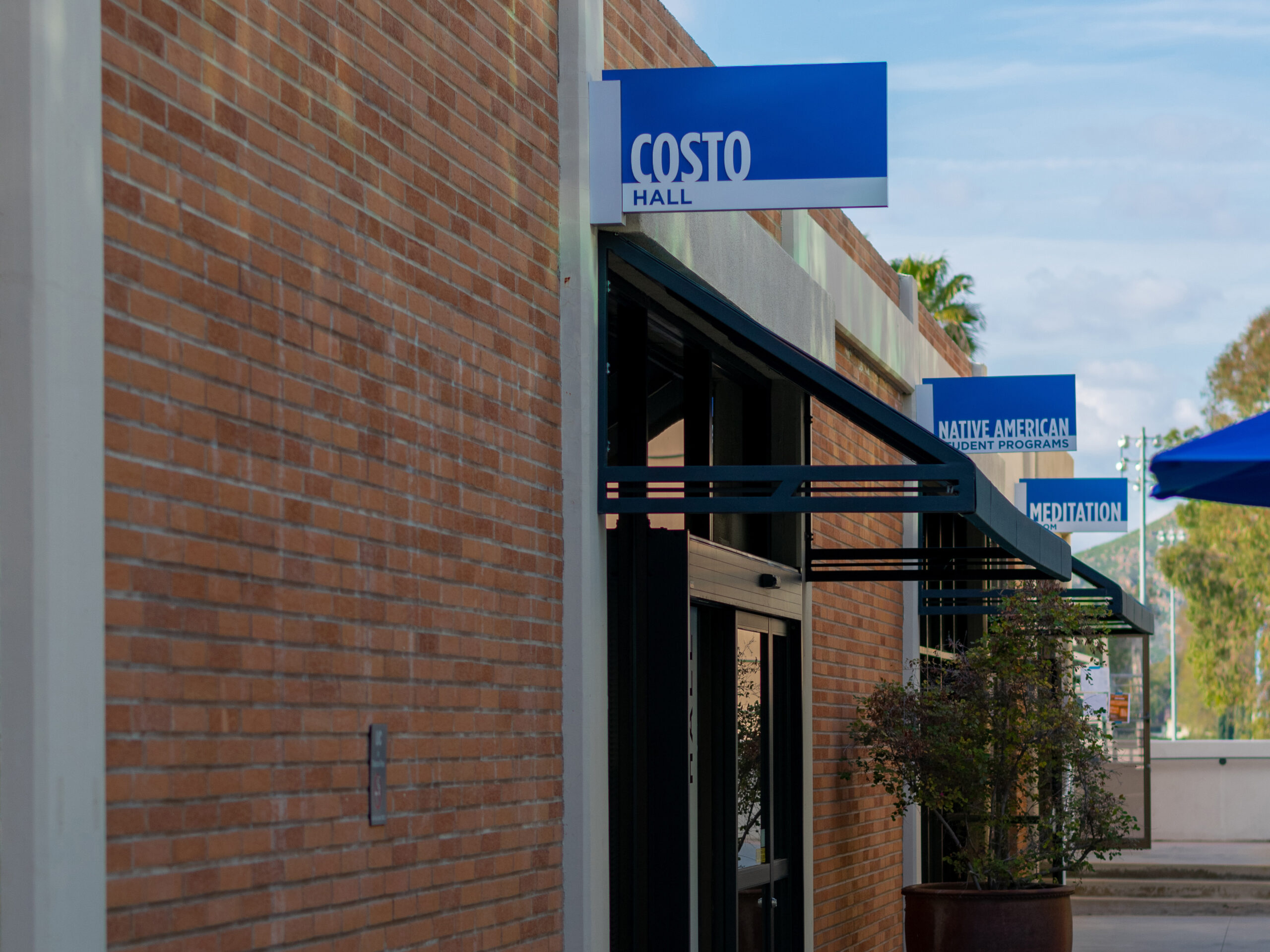
Latinos make up 38.3% of UCR’s population, making it the largest ethnic group at UCR with nearly 10,000 students and positioning it as one of the most diverse universities in the country.
Chicanos in the Inland Empire have participated in a decades-long struggle to recruit students to UCR and to build up Latin American Studies, says Alfonso Gonzales Toribio, an associate professor in UCR’s Department of Ethnic Studies and the chair of the new Latino and Latin American Research Center.
Funded by a $2.9-million-dollar grant from the Andrew Mellon Foundation, the UC Riverside Latino and Latin American Studies Research Center seeks to advance an emergent hemispheric approach to understanding both Latinos in the United States and people and processes in Latin America and the Caribbean. Based in the College of Humanities, Arts and Social Sciences, the goal of the center is to establish UCR as a leader in the hemispheric debates about Latinos, examine the linguistic practices of Latinos in Southern California and train the next generation of leaders and scholars that will critically shape the understanding of such topics. The center focuses on issues that are directly impacting the lives of Latinos and Latin Americans including linguistic justice, immigration and the ways in which the structures that colonialism set up in the U.S. impact the lives of Latino communities.
Gonzalez Toribio has his focus on the Inland Empire. Growing up in Mira Loma to a mother who was a homemaker and a nanny and a father who was a construction worker, Gonzales told The Highlander that he feels connected to the communities that live here.
“The IE is a place that matters and it’s a place that is going to demand respect.”
Gonzales Toribio hopes to build up the research on the Latino experience in the Inland Empire, examine its demographic transformation and support the communities throughout the region in expressing their voices and developing a sense of their history. The center will also examine the region’s importance to Mexico and Central America, where the Inland Empire serves as a major source of remittances.
Claudia Holguin Mendoza, assistant professor of Spanish linguistics and co-principal investigator of the center, will lead research on sociolinguistic justice and literacy, with a particular focus on the myths surrounding bilingualism. Growing up in Ciudad Juarez, Mexico and studying at the University of Texas at El Paso, Holguin Mendoza understands the double standards of bilingualism in academia that oftentimes criticizes the language students are taught at home. Her women-led team is working to interview bilingual families in Southern California to discuss their experience learning their second language at home and discuss their attitudes surrounding how Spanish is taught in schools. She hopes to change the way Spanish is taught to bilingual students in classrooms and dismantle myths surrounding informal and formal speech.
“Students are labeled as having incomplete acquisition if they do not speak their language perfectly,” said Holguin Mendoza, “but community members do not think that they are wrong, this is how we speak Spanish in Southern California.”
Her team hopes to involve communities in Southern California as much as possible and build a research project that can be taught nationwide.
So far, the center has held three events including a soft-launch, a panel with academics from the National Autonomous University of Mexico on the issues that have been highlighted in migrant communities with COVID-19 and another panel with academics, lawyers and activists on the migrant reforms proposed by President Joe Biden.
Moving forward, the center will host events focusing on social movements and Latinx Utopias, stated Ivan Aguirre Assistant Professor in the Department of Ethnic Studies and active member of UCR’s Latinx and Latinamerican Faculty Working Group. “We want to build stronger cross campus networks to provide support for faculty, graduate and undergraduate research and knowledge-production, valuing what we all already bring and building from there,” he stated.







